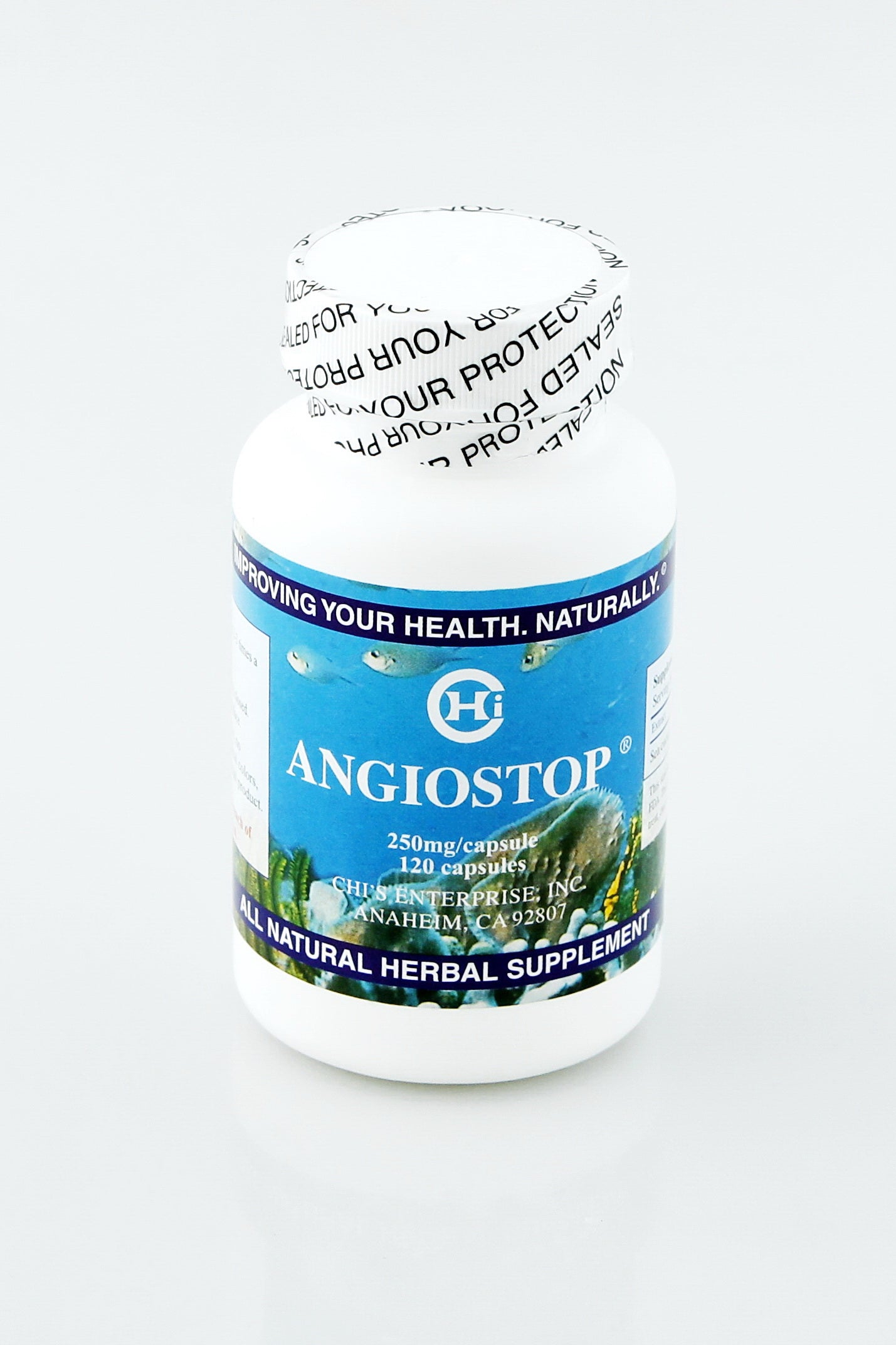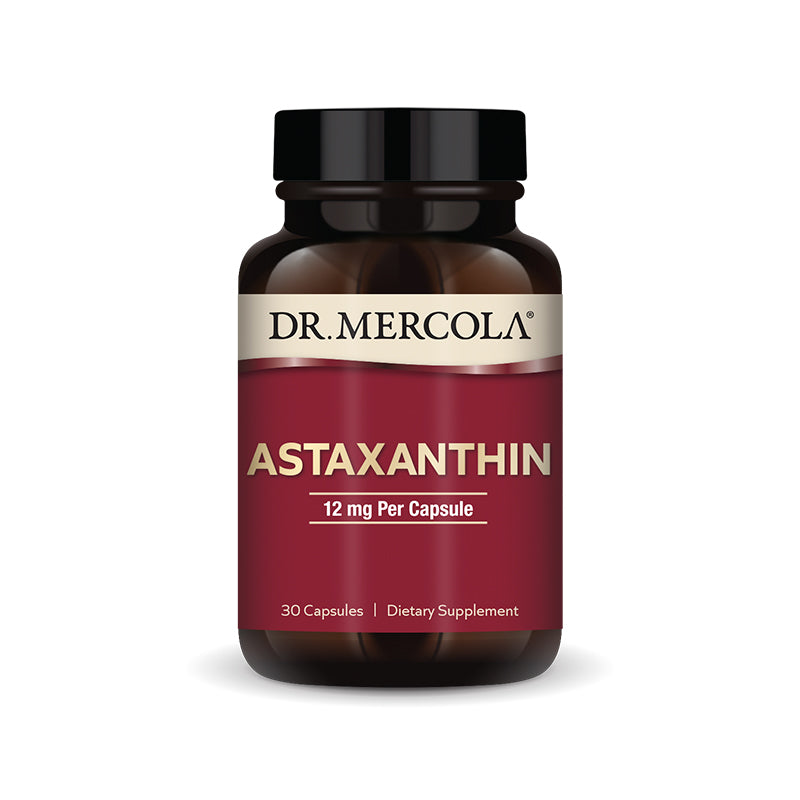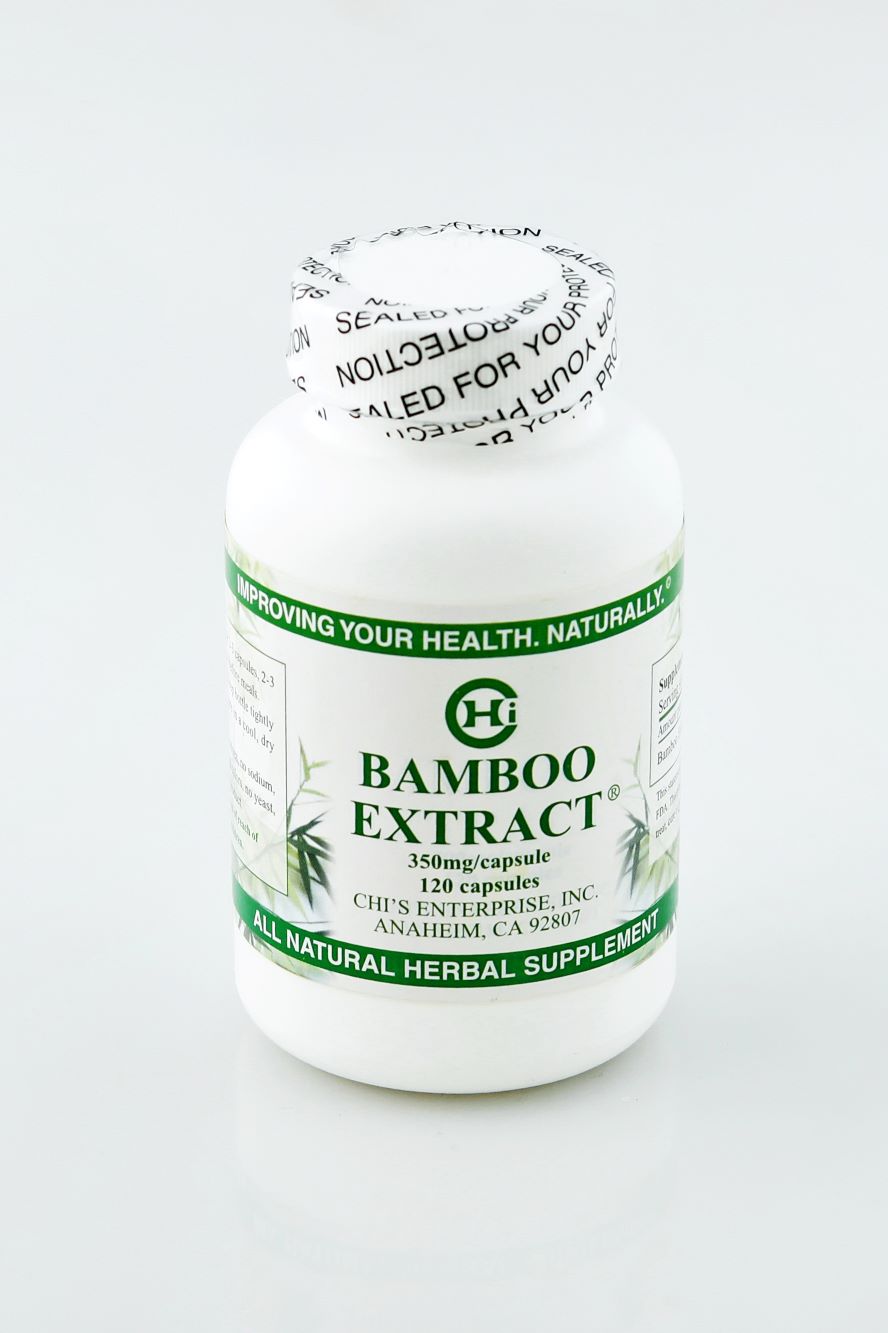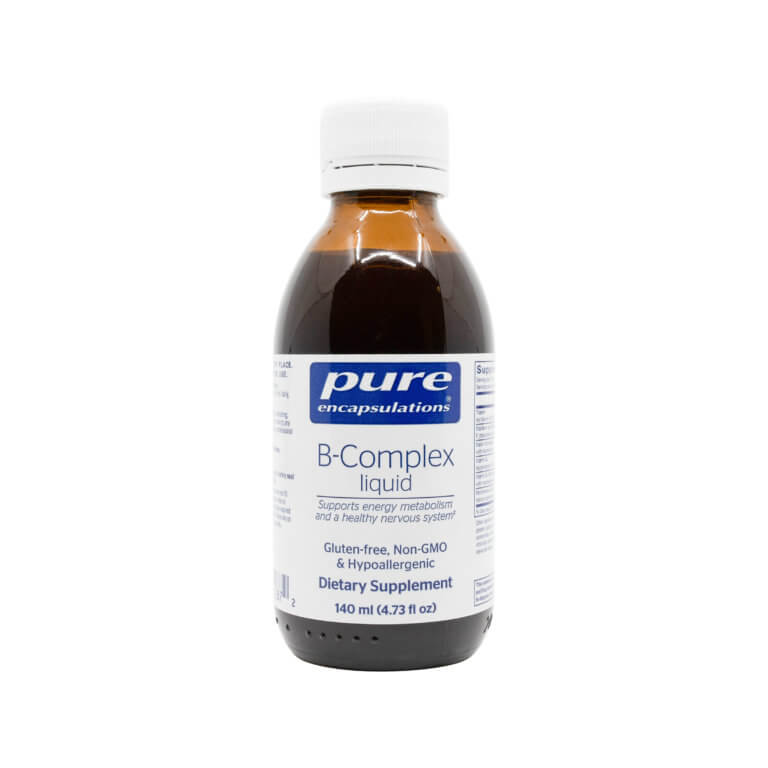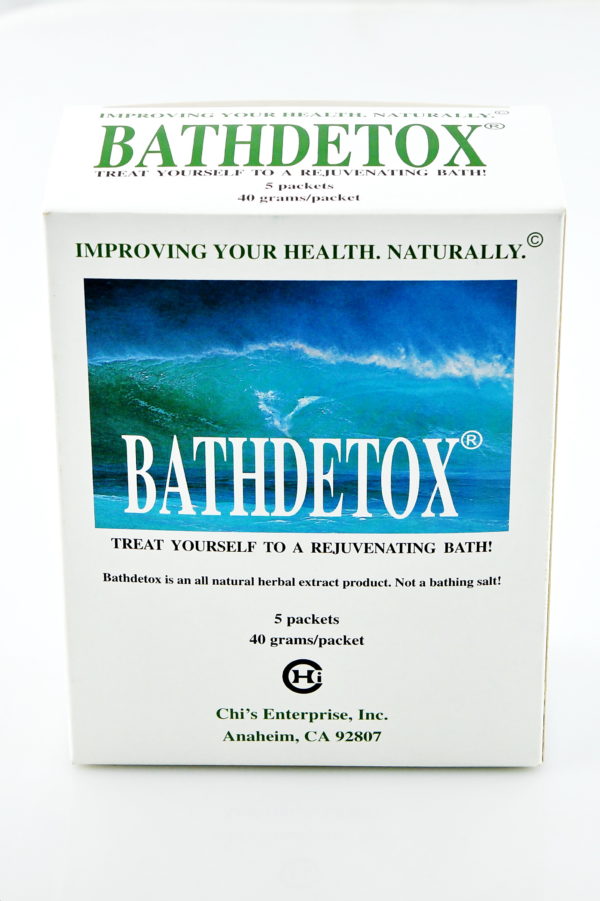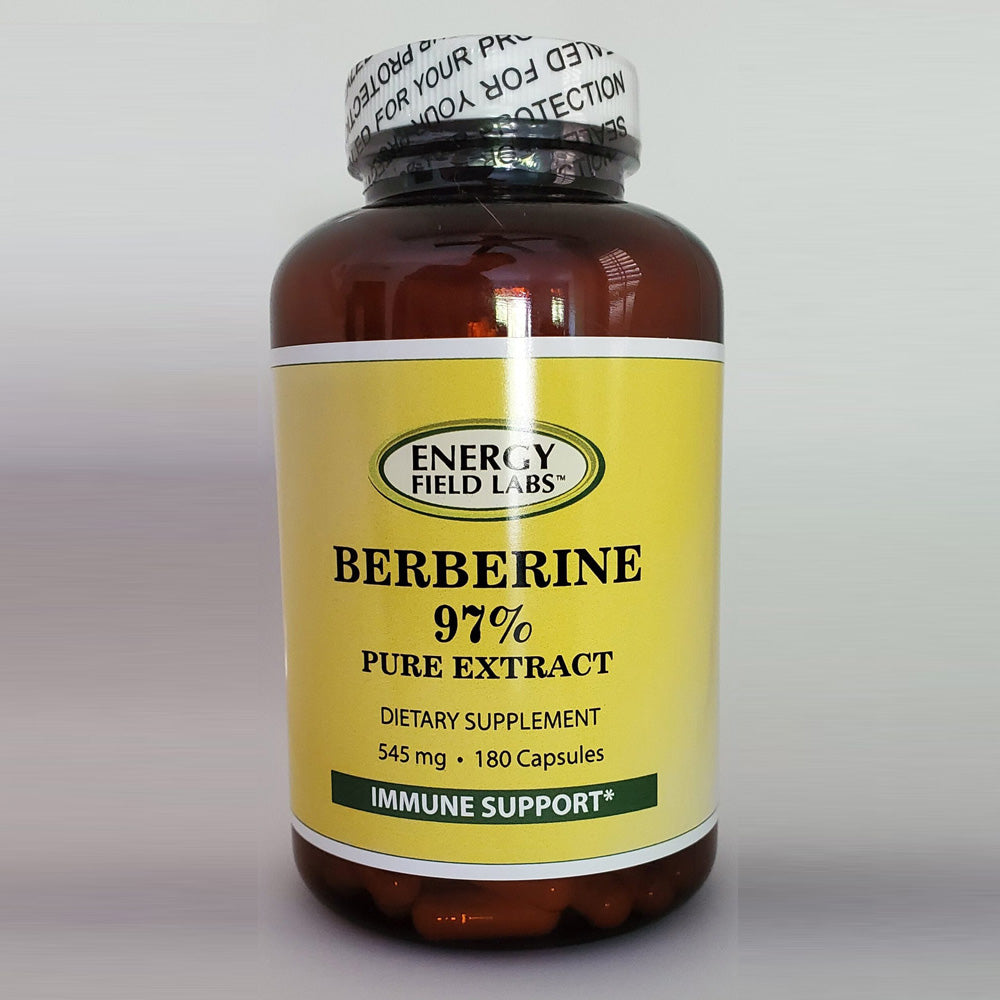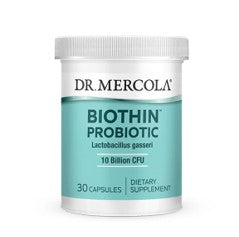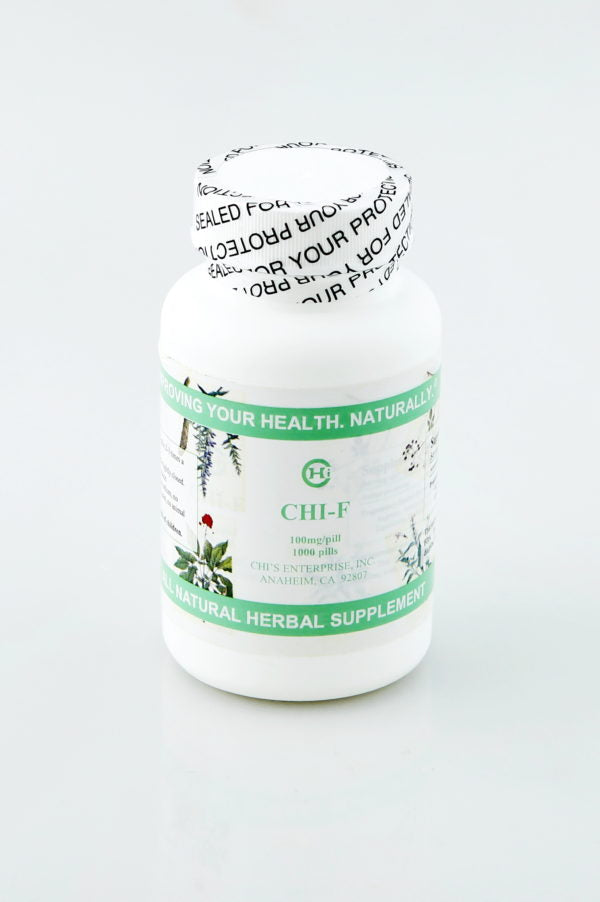by Glen Depke and Sue Ingebretson
We all know that too much dietary sugar contributes to chronic illness. Studies on excessive sugar intake show all sorts of negative health effects including poor digestive health (poor nutrient absorption), a weakened immune system, and development of conditions such as obesity and diabetes.
So, it stands to reason we should eliminate ALL sugar, right? Not so fast….
Cutting out all sugar from your diet might be difficult for you. It could even cause anxiety or worry just thinking about it. And another thing, many foods that are naturally high in sugar are also very high in nutrients. Honey, carrots, fruit…you get the picture.
The problem is that we consume too much sugar – on a regular basis. Sweets are supposed to be treats. Take a look at history. Americans consumed approximately 4 pounds of sugar per year in the 1700s, 18 pounds in the 1800s, 90 pounds in the 1900s, and 145 pounds in 2000. It’s now estimated than an astounding 150 to 175 pounds of sugar are consumed EVERY year for the average American! This translates to about 200 grams or more of sugar every single day. Ouch!
So what’s a person to do?
Set a preliminary goal of keeping your sugar intake below 100 grams per day. Read food labels! Learn to discern hidden sources of sugar in the foods you eat.
Here’s a quick reference guide to a few sample foods and their sugar content:
• Small apple 15 grams
• ¼ cup of raisins 29 grams
• 6 ounces of plain yogurt 12 grams
• 6 ounces of yogurt w/fruit 26 grams
• 6 ounces of orange juice 18 grams
• One teaspoon of honey 7 grams
• Typical juice box 25 grams
• One large single serving chocolate chip cookie 44 grams
• One 20 ounce cola 69 grams
See how easy it would be to eat too much sugar? Knowledge is power! Paying attention to how much sugar you eat – every single day – is a great way to begin your health journey.
Very Important! The suggestion to reduce sugar intake does NOT mean to replace “real” sugar with artificial sugar substitutes such as aspartame and sucralose (NutraSweet and Splenda). Fake, chemical sugars are never a part of any healthy diet. Natural sugar substitutes such as stevia, luo han kuo, agave, etc. are fine if used sparingly.

